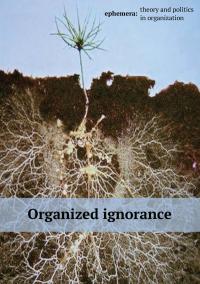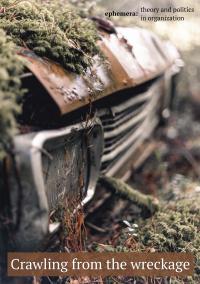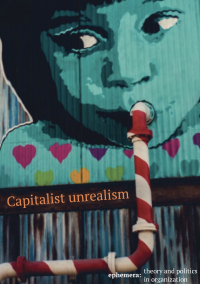ethics
Shiny new archives? On the politics, history, and ethics of archives under the condition of big data
With some vigour, American artist and information studies scholar Johanna Drucker clarifies: ‘the notion of data as “given” and thus self-evident is patently false – all data are constructed’ [Visualization, 563]. Since data are not just given, the questions then are who produces data, who decides what data are stored, maintained, and deleted, who profits and who is discriminated in and through data sets? The glossary Uncertain archives: Critical keywords for big data (2021) sets out to tackle these questions.
The ethico-politics of whistleblowing: Mediated truth-telling in digital cultures
A number of spectacular cases have recently spurred research and public debate on whistleblowing. Portrayals of whistleblowers oscillate between the heroic and courageous ‘truth-teller’ and the morally dubious and dangerous ‘trouble-maker’. Whilst acknowledging the deep ambivalence of whistleblowing, this special issue moves beyond individualising accounts.
Publish and perish
A few years ago, I published a paper on the ‘secrets of excellence’ in the business school (Butler and Spoelstra, 2012). It was written as an ironic guide to publishing in top-ranked management journals. Some of the tricks of the trade we identified – ‘productivity through people’, ‘close to the customer’, ‘bias for action’ – overlap with Peters and Waterman’s 1980s business-yuppie classic In search of excellence.
The birth of an ecological revolution: A commentary on Naomi Klein’s climate change manifesto
I hear babies cry, I watch them grow
They’ll learn much more than I’ll ever know
And I think to myself what a wonderful world. (Weiss and Thiele, 1967)
What if it’s a big hoax and we create a better world for nothing? [437]
Public brands and the entrepreneurial ethics
At a first glance brands would seem to be the opposite, or indeed the negation of ethics. Built on superficial sign values instead of substance; glitzy surfaces instead of depth, and vacuous promises in lieu of bounding commitments, brands are part of the edifice of post-modern consumer society that, as Zygmunt Bauman (2008) and many others before him have argued, tends to negate the very possibility of ethics.




